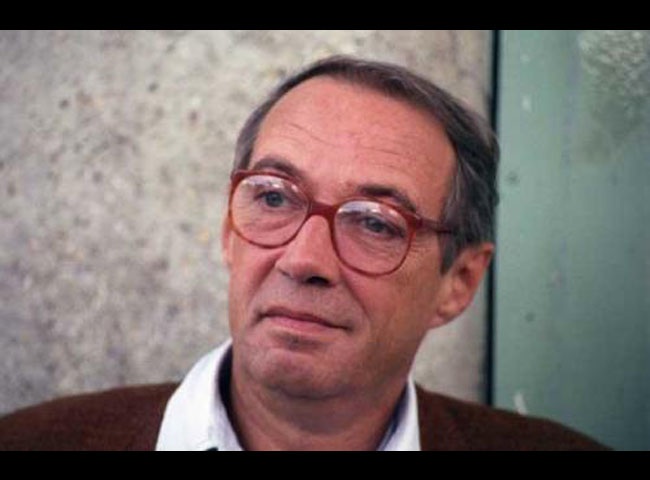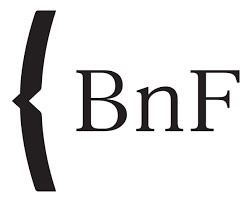André Téchiné, après la Nouvelle Vague...
-
Réalisé par Laurent Perrin • Écrit par Laurent Perrin
-
France • 1994 • 52 minutes • Super 16 mm • Couleur
- Réalisation :
Laurent Perrin - Écriture :
Laurent Perrin - Assistanat de réalisation :
Vincent Denis - Direction de collection :
Janine Bazin, André S. Labarthe - Image :
Maurice Perrimond, Olivier Chambon - Son :
Laurent Malan, Christian Levier - Montage :
Alice Lary, Françoise Besnier, Kentaro Matsuo - Musique originale :
Philippe Sarde, Georges Delerue - Mixage :
Anne Louis, Benoît Ménager
- Production (personne) :
Xavier Carniaux - Production (structure) :
AMIP - Audiovisuel Multimedia International Production - Coproduction :
INA - Institut National de l'Audiovisuel - Diffuseur :
La Sept ARTE - Participation :
CNC, Ministère des Affaires étrangères, Procirep - Ayant droit :
INA - Institut National de l'Audiovisuel
- N° ISAN :
ISAN 0000-0001-9401-0022-4-0000-0000-P
Résumé
André Téchiné évoque sa fascination d’abord aveugle pour le cinéma, puis sa période cinéphilique, son attachement à Brecht et, enfin, son approche personnelle des acteurs.
"Le documentaire dévoile les problèmes majeurs auxquels le cinéaste est confronté. Sur le hiatus entre surplus théorique et désir d’évidence, Téchiné devance les questions de Perrin et explique sa tendance à la maîtrise et au savoir-faire, à une forme pure qui donne parfois à ses films des allures de bonne dissertation. En contrepoint Jacques Nolot (ami fidèle, acteur fétiche et parfois coscénariste) apporte son témoignage sur l’homme et le cinéaste. Plutôt que de plonger dans la psychologie de bazar, Perrin s’intéresse au créateur et à sa vision de la vie. Il préfère l’œuvre à l’anecdote. On ne s’en plaindra pas."
(Olivier De Bruyn, Libération, février 1995)
The town and nature constitute the founding opposition of André Téchiné’s cinema. Isn’t his favourite film Murnau’s L’Aurore where moving from the country to the big city signals the downfall of his caracters ?
Childhood and the South-West on the one hand, the big city and its disillusions on the others : these are the two main sources of Téchiné’s inspiration and only the cinema could allow the never-ending passing from one to the other.
Going Up to Paris all of Téchiné’s characters have this obsession. The capital is the place of truth, testing, and most often of disillusion.
André Téchiné is modest. In his films everything is suggested, told confidentially and secret.
Collection
Comment avoir accès au film ?
-
Édition DVD
- Il n'existe pas d'édition DVD à notre connaissance
-
Accès VOD
- Il n'existe pas d'accès en VOD à notre connaissance
- Diffusion non commerciale / Consultation




